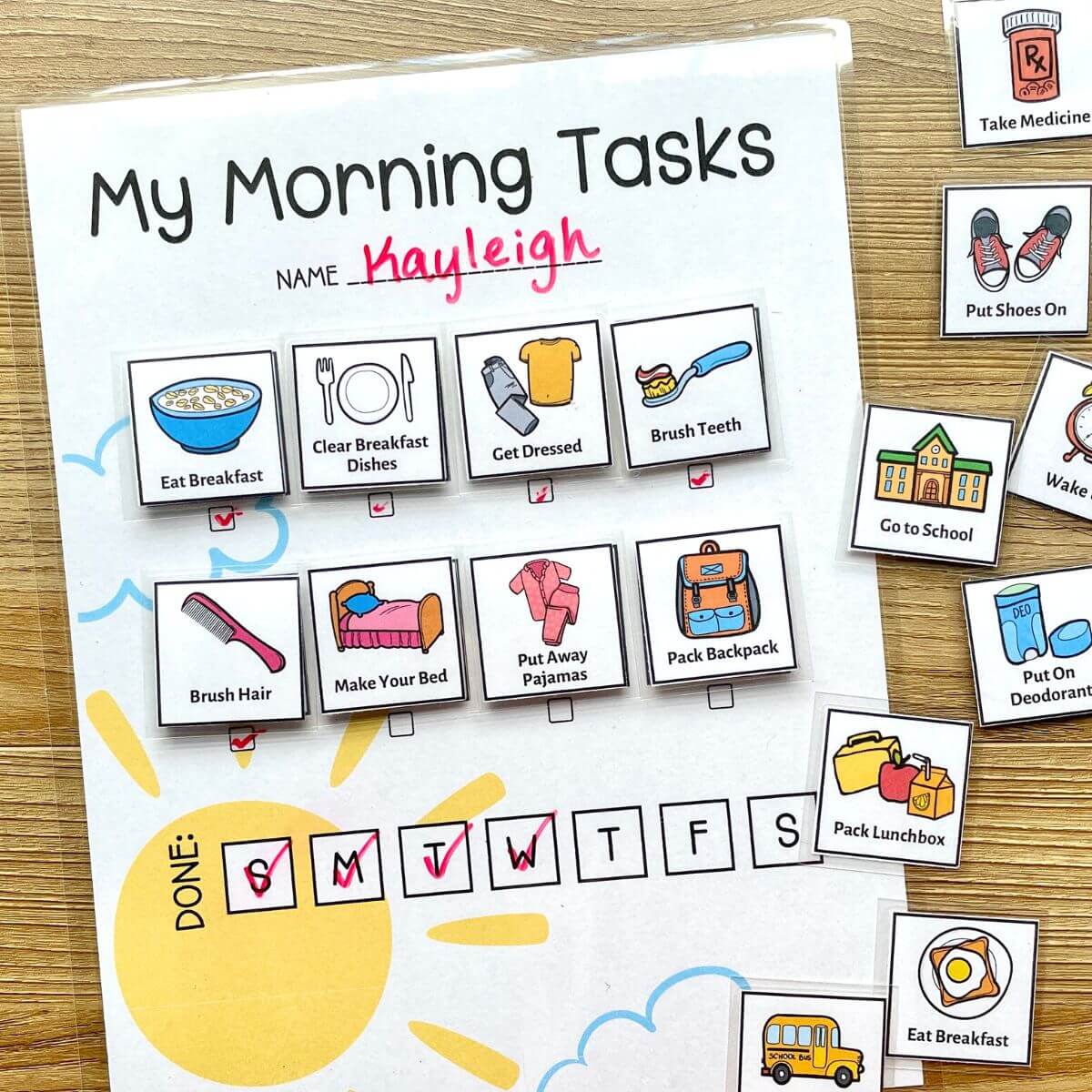Childhood is the foundation of lifelong behaviors. The routines and attitudes children develop in their earliest years often shape how they approach health, learning, relationships, and self-discipline later in life. The good news? With consistency and a positive environment, you can guide your child toward good habits — starting now.
This article offers practical, non-medical strategies to nurture helpful behaviors that stick.
Why Early Habits Matter
Habits formed in early childhood:
- Build structure and predictability
- Help children develop independence and confidence
- Improve emotional regulation and focus
- Encourage responsibility and routine
- Support healthy choices and social skills
Children may not remember the exact routines — but they’ll carry the effects with them forever.
1. Start Small and Be Consistent
Habits don’t need to be complex — the simpler, the better.
Examples of starter habits:
- Brushing teeth after breakfast
- Putting toys away before dinner
- Saying “thank you” after receiving help
Daily repetition is what forms habits, not one-time success.
2. Model the Behavior You Want to See
Children learn more by watching than listening.
Do:
- Show how you make your bed each morning
- Say “please” and “thank you” consistently
- Eat fruits and vegetables enthusiastically
They’re always observing, especially when you think they aren’t.
3. Use Visual Routines and Charts
Young kids thrive with visual cues.
Try:
- A morning checklist with pictures (get dressed, eat, brush teeth)
- A “responsibility chart” with stickers or magnets
- Letting your child help create the chart for ownership
Visual tools make routines easier to remember and more engaging.
4. Connect Habits to Their World
Make habits meaningful by tying them to their interests or daily life.
Examples:
- “Washing hands helps keep your favorite teddy healthy too!”
- “Cleaning up means there’s more space to play.”
If it matters to them, they’re more likely to stick with it.
5. Praise Effort, Not Just Results
Celebrate the process of building habits, not just outcomes.
Say:
- “I noticed you put your shoes away all by yourself — that’s responsible!”
- “Even though you were tired, you still helped set the table — thank you!”
Positive reinforcement builds motivation and pride.
6. Use Reminders, Not Pressure
Gentle nudges help habits form without stress.
Try phrases like:
- “What’s next after brushing your teeth?”
- “Let’s check the chart — what comes before snack?”
Avoid turning reminders into lectures.
7. Link New Habits to Existing Ones
This technique, called “habit stacking,” builds on routines they already follow.
Examples:
- “After we read a book, we put it back on the shelf.”
- “Once you take off your shoes, they go straight in the basket.”
Linking builds automaticity.
8. Let Them Take Ownership
Children are more motivated when they feel responsible.
Involve them in:
- Choosing their own toothbrush or laundry bin
- Setting timers for cleanup time
- Decorating their responsibility chart
Small decisions lead to big cooperation.
9. Be Patient with Repetition and Setbacks
Habits take time — and they aren’t formed overnight.
Remember:
- Children forget — repeat calmly
- Some days won’t go smoothly — that’s normal
- Progress isn’t linear — just stay consistent
Gentle persistence wins over perfection.
10. Reflect and Adjust as They Grow
What works for a toddler won’t work for a 6-year-old.
Check in regularly:
- “Does this chart still help you?”
- “Should we switch to a timer instead?”
- “Want to choose a new goal this week?”
Let habits evolve with them.
Final Thoughts: Growing Strong, One Habit at a Time
Teaching good habits isn’t about rigid routines — it’s about helping your child feel capable, proud, and supported. Through small daily actions, you’re laying the groundwork for a future filled with confidence, responsibility, and self-trust.
Because the habits we plant in childhood are the roots of a thriving life. 🌱🧠
